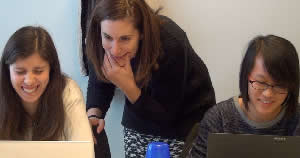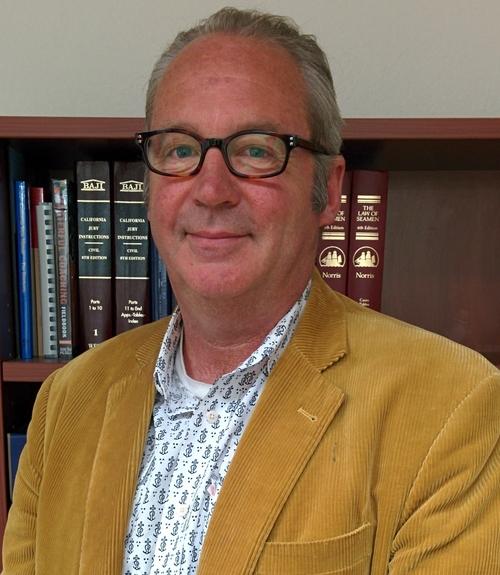
Who are the courses for?
All the courses are designed for mixed learning groups with complementary linguistic and technical competencies. Students whose English is better than their Spanish will be required to work in tandem with students whose Spanish is better than their English.
What languages do I have to know?
All classes are taught in English or Spanish. Students will need a solid knowledge of both languages in order to complete the learning activities. Students are free to translate into Catalan if they wish.
Are there any scholarships or grants?
Free tuition is awarded to one applicant per year. Otherwise, there are no scholarships or grants specific to this program or administered by this program. See here for the various funding opportunities available.
What kind of translation technologies will I learn?
All students will learn to use translation-memory suites (CAT tools) and will be required to use them constantly. Some activities will require post-editing of neural machine-translation output and the use of generative AI to adapt translations to specific readerships and solve particular problems. Students will also learn the basics of tools for terminology management and subtitling.
What kind of computer will I need?
Although some software is not available for Macs, web-based alternatives can be used. So any computer is a good computer.
What are the admission requirements?
Masters students are required to have completed a first university degree (BA, Licenciatura, or equivalent) in any field and to have adequate levels in Spanish and English. Mother-tongue competence is not required.
Where should I apply for enrollment?
Click here to complete the pre-registration.
When should I apply?
The first round of candidatures for the Masters is from March 1 to April 30. If there are still vacancies, the second round is from May 20 to June 15.
Are the classes crowded?
No. We only accept a maximum of 25 students per program so that we can ensure individualized attention.
Will this Masters help me find a job?
The Masters will add a range of key linguistic and communication skills to your repertoire, and the work placement can put you in contact with potential employers. Assistance with job searches is available at the URV Employment Office.
I won't finish my first degree until later in the year. Can I still enroll?
"If you are finishing your studies and have still not obtained the certificate, you can upload your registration confirmation receipt for the current academic year to demonstrate which subjects you still have pending and the number of credits for each one" (http://www.urv.cat/en/studies/master/admission/pas-a-pas-documentacio/)
I have a first degree in English. Do I need a certificate to prove the level of my English?
No, your degree should be good enough. We will, however, arrange an online interview with you after the pre-enrollment period.
I have a first degree in Spanish. Do I need a certificate to prove the level of my Spanish?
No, your degree should be good enough. We will, however, arrange an online interview with you after the pre-enrollment period.
I have a first degree from an English-speaking country. Do I need a certificate to prove the level of my English?
No, your degree should be good enough. We will, however, arrange an online interview with you after the pre-enrollment period.
I have a first degree from a Spanish-speaking country. Do I need a certificate to prove the level of my Spanish?
No, your degree should be good enough. We will, however, arrange an online interview with you after the pre-enrollment period.
Do I need official translations of foreign documents?
You will need official translations and certified photocopies. See here for more information.
More questions?

"I could not have launched my translation career without going through the URV Masters in Translation. The program provided me with tools and confidence to become a professional translator.
Being proficient in a second or third language is not a sufficient qualification for translation work. The courses provided the practice and hands-on experience as well as the theoritical background and approaches needed to succeed in the ever changing field of professional translation. I also found my first client through the programme and continue to work with them after eight years."
Mark Riepling, Translation and Localization Consultant and Contractor, San Francisco and Tarragona
